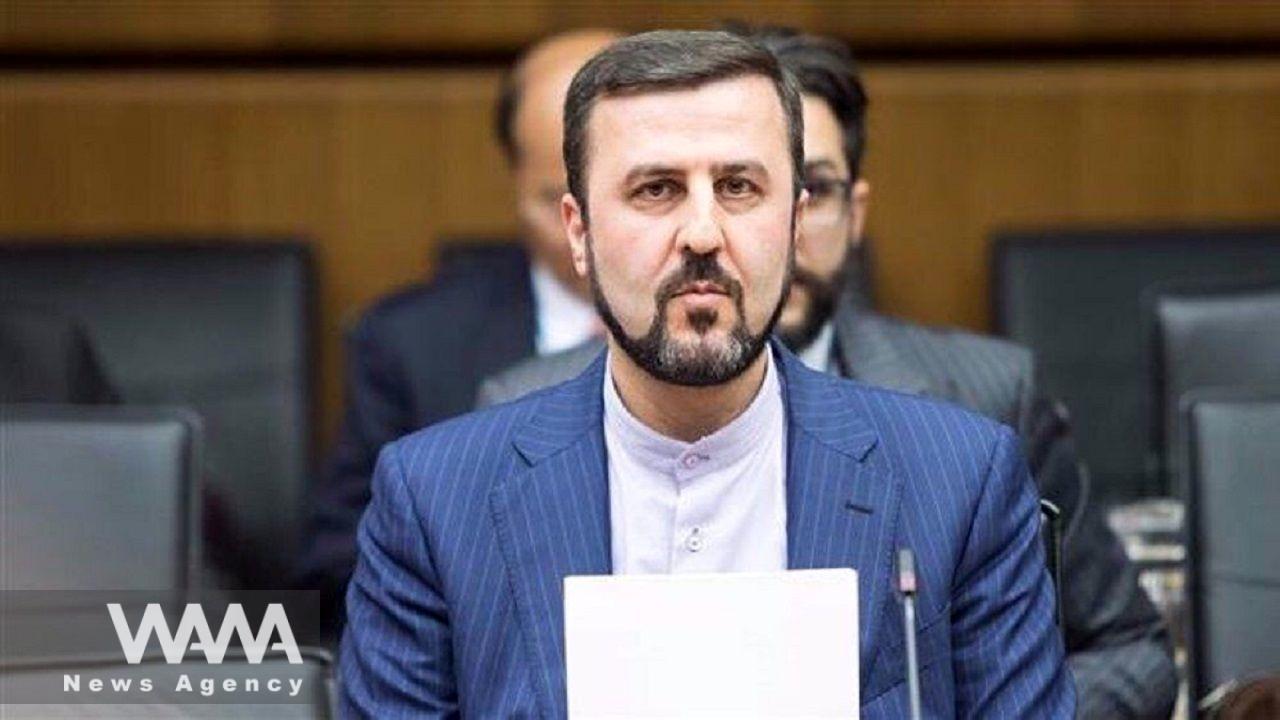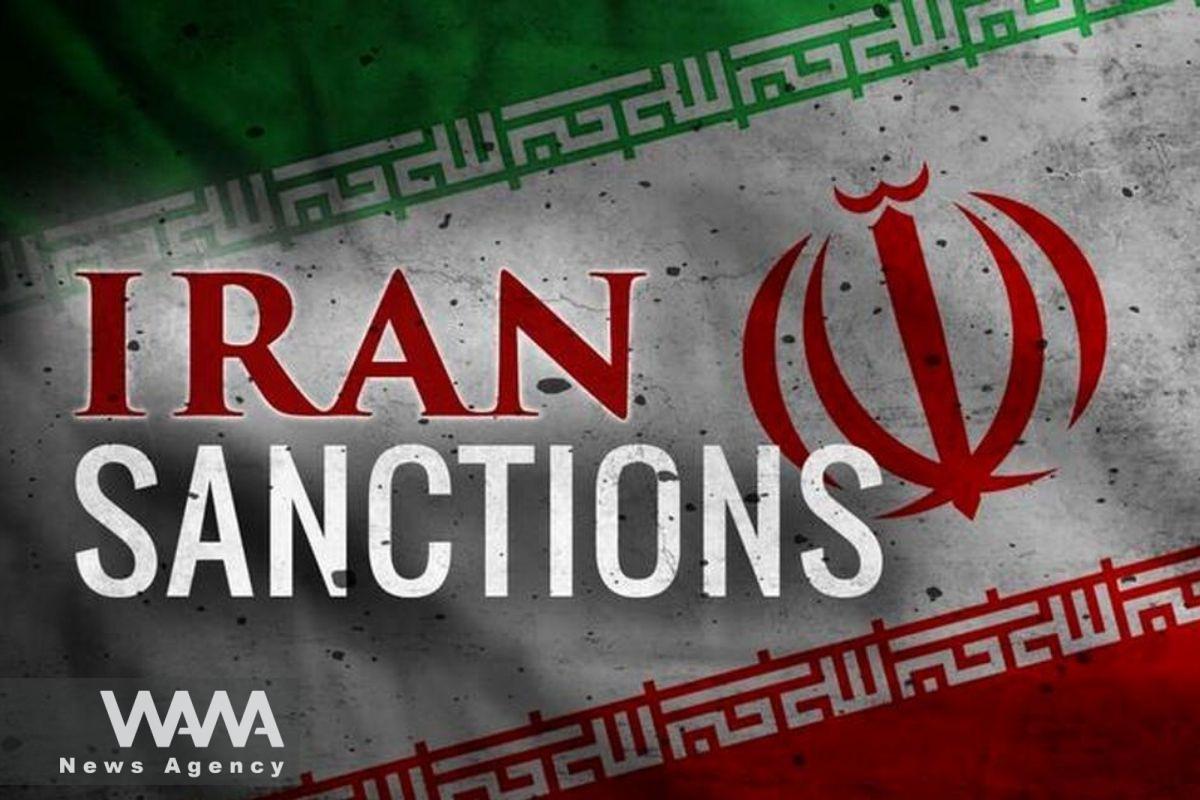WANA (Oct 22) – Iran’s Deputy Foreign Minister for Legal and International Affairs, Kazem Gharibabadi, said that sanctions with extraterritorial effects — particularly those imposed outside the framework of the United Nations Charter — constitute violations of human rights and fundamental principles of international law.
Speaking at a meeting with ambassadors and chargés d’affaires from nine countries, Gharibabadi discussed multilateral cooperation mechanisms to counter unilateral coercive measures.
He stressed that “sanctions with extraterritorial implications, especially those imposed beyond the UN Charter, are violations of human rights and the core principles of international law. Even sanctions enacted under the UN Charter must be implemented with due regard to human rights considerations.”
Citing multiple international documents — including resolutions of the UN General Assembly, the Human Rights Council, and statements issued by multilateral groups such as the Non-Aligned Movement, the Group of Friends in Defense of the UN Charter, the G77, the Shanghai Cooperation Organization, and BRICS — Gharibabadi noted that all these instruments emphasize the illegality of unilateral sanctions and call on states to work toward mitigating their adverse impacts.
He further underlined that countries targeted by such sanctions have a duty to resist these unlawful measures, while other nations should refrain from enforcing them and act to reduce their negative consequences, particularly in the field of human rights.
The Iranian diplomat also welcomed initiatives by independent governments to confront what he described as “unjust sanctions,” praising the Southern African Development Community’s decision to designate October 25 as the “Day of Solidarity Against Sanctions.”

